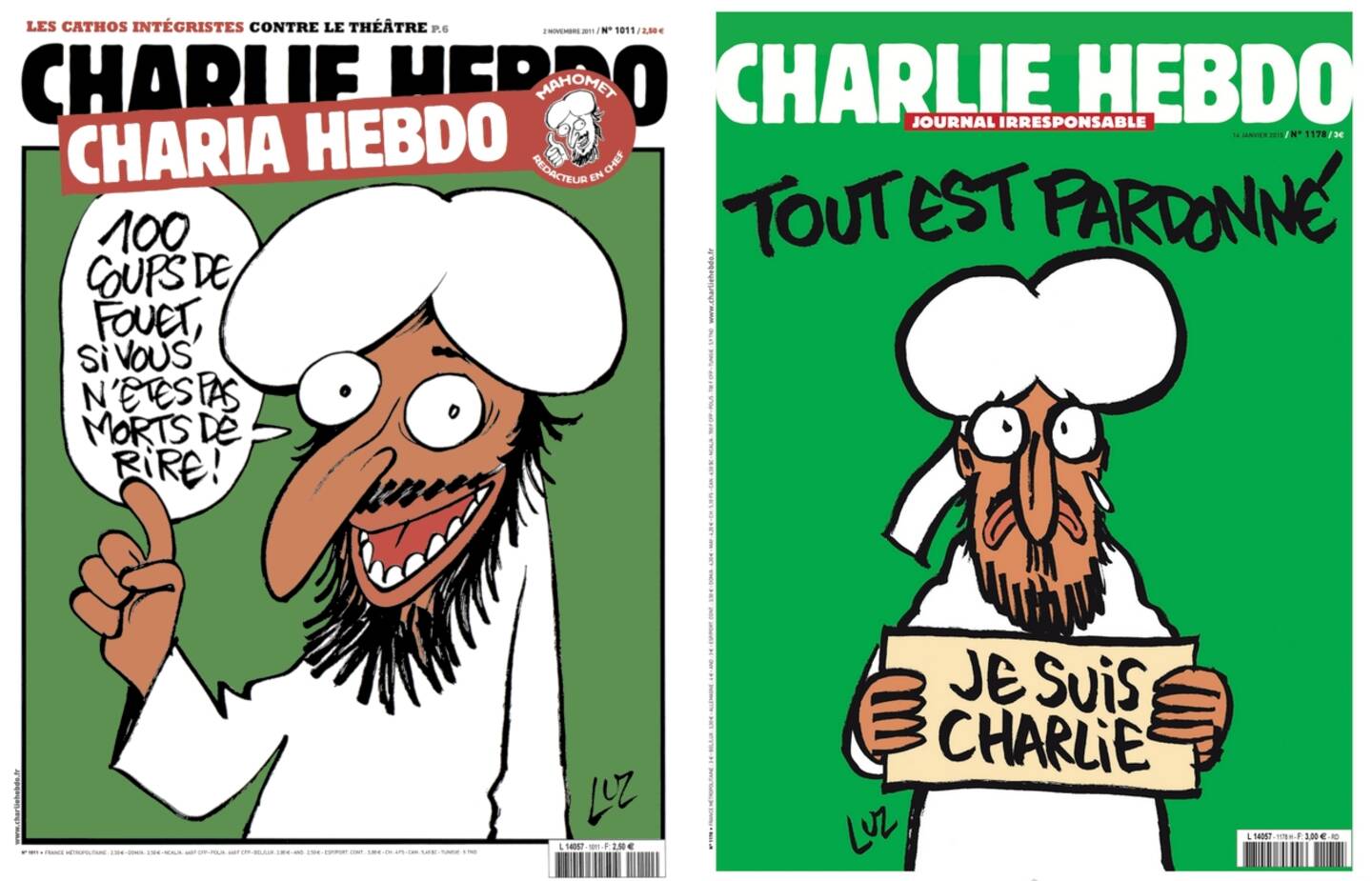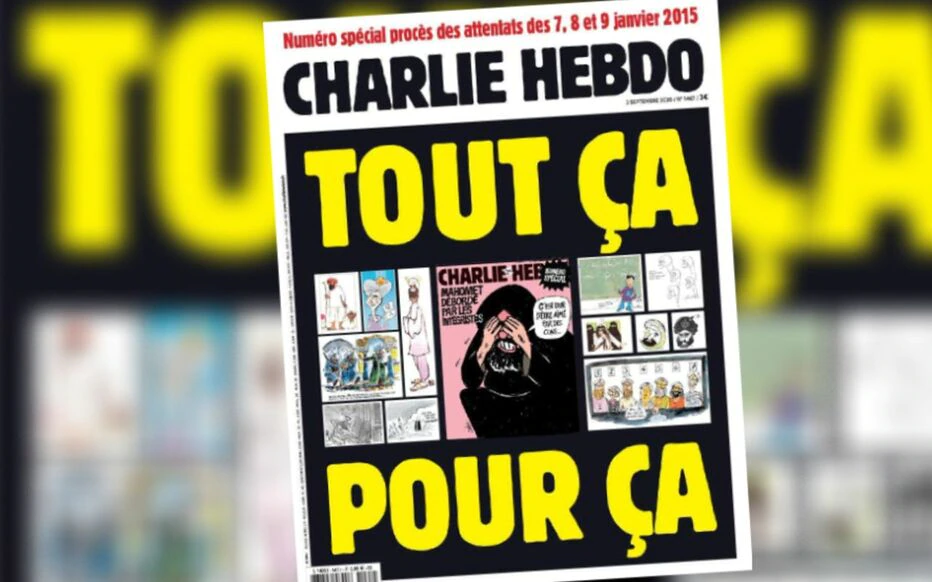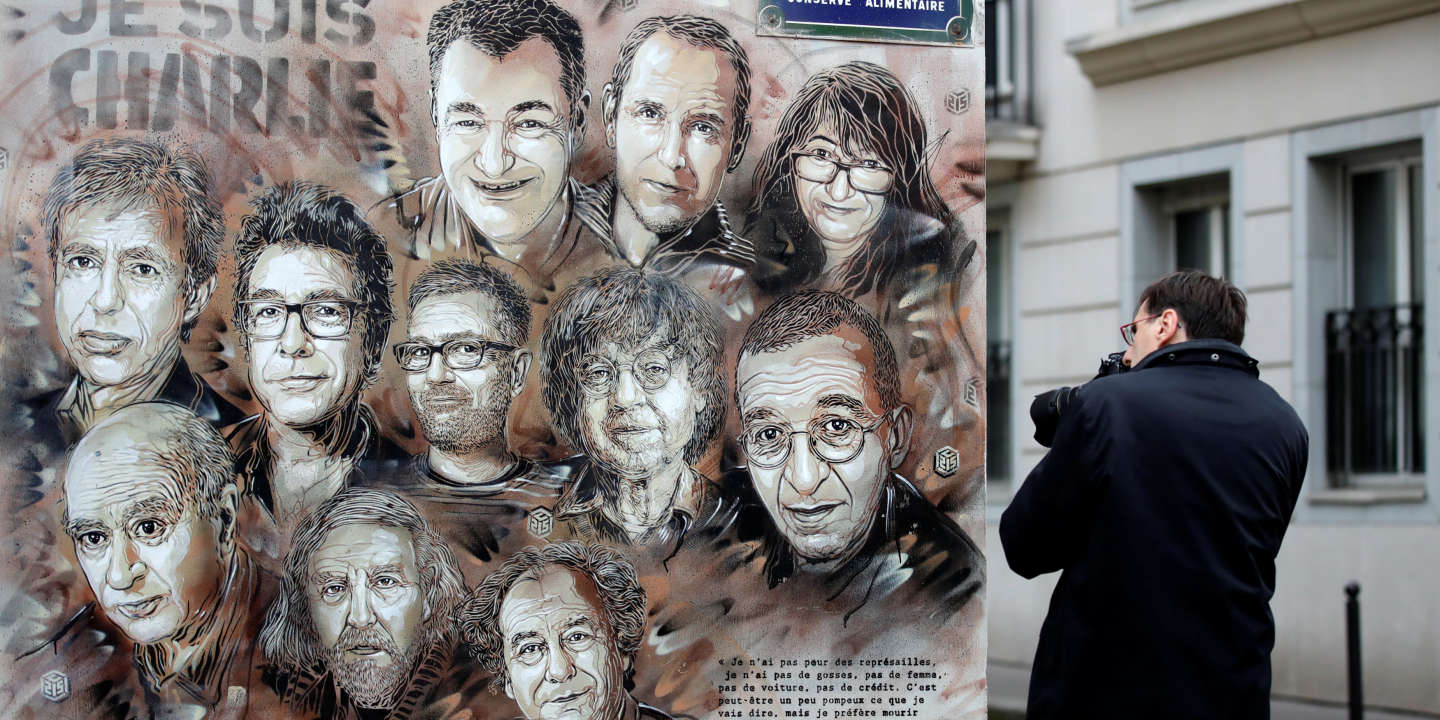By Dimitris Kolias,
On the 15th of January 2015, two armed terrorists, who I am not going to name because I would like to see their legacy collectively erased, forced their way into the offices of the satirical newspaper Charlie Hebdo, where they killed twelve people, nine members of the newspaper staff, two police officers and one maintenance worker, before fleeing the scene.
The reason behind the attack, as we all came to find out, was satirical sketches of the prophet Mohammed published by that newspaper. The depiction of the prophet was deemed insulting enough by the attackers, and their accomplices, to warrant killing more than a dozen innocent people. I say more than a dozen because in the days following the massacre at Charlie Hebdo subsequent attacks, including one at a Jewish supermarket, ended the lives of five more civilians.

The assailants, three in total were all killed in shootouts with the police so only their accomplices went to trial. That trial concluded on the 16th of December 2020, when the court found fourteen people guilty of involvement in the attacks. The sentences ranged from four to thirty years in jail depending on the severity of each charge.
Now more than seven years after the tragedy the appeal court has begun in Paris. The appeal was carried out by two men Ali Riza Polat and Amar Ramdani, both were given the largest sentence of thirty years in prison, and they were charged with helping the terrorists acquire the weapons and ammunition for the attacks.
They deny their involvement, while the lawyers of Ali Polat said “This trial is the last chance to correct the errors of a justice system overwhelmed by the scope of these attacks, and return to reason with regards to the exact role of M Polat, a common criminal who has been wrongly accused of a role he never had”.

The court was given six weeks to weigh on those claims, with the first several days of the hearings will be given to testimonies of the survivors of the attacks and the victim’s relatives.
These attacks happened at a critical point in Europe’s trajectory. Of course, they were followed by a widespread wave of fear. In more reasonable times Europe’s leadership would have disarmed that fear by educating people about the dangers of religious fundamentalism, but as it happened in 2015 the continent was in the middle of an economic, accompanied refugee crisis, both continuing to this day. The failure of the centrist and leftist governments of the past decade to contain those crises led to the creation of a, much seen, talking point that props up during times of hardship, that of an outside enemy.
A talking point we have seen many politicians use as cover for their own corruption and/or incompetence, ea. blaming refugees and immigrants for their state’s shortcomings, from crime rate to unemployment, to more abstract “ideals” like the quality of our society. All while barely trying to actually better their constituencies. These people are today’s leaders of Europe, from Orban to Le Pen and Austria’s-ex Sebastian Kurz, to our own incompetent disaster Mitsotakis and Italy’s, Mussolini-light, Melony. The end result is that the years to come are perilous ones for freedom and democracy in Europe, we can hope that the ghost of fascism is singing its swansong, but while hoping is fine and all, we should also try and make sure it actually does, maybe by voting at elections, unionizing and even dropping by a demonstration or two.
References
- Appeal trial opens in French court over 2015 Charlie hebdo attacks. france24.com. Available here
- Charlie Hebdo 2015: Fourteen guilty in Paris terror attacks trial. bbc.com. Available here




